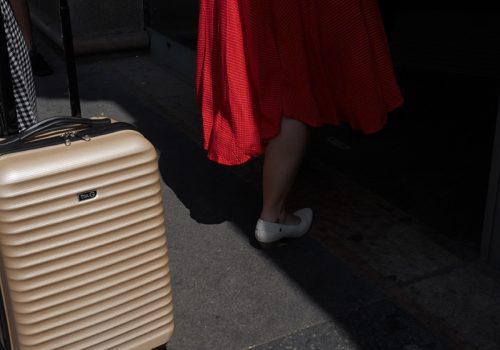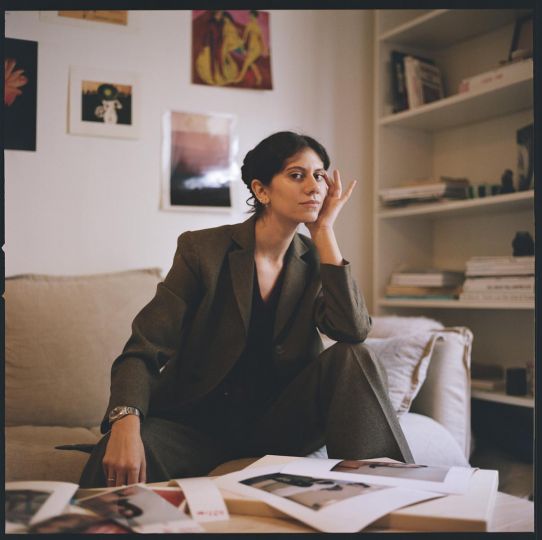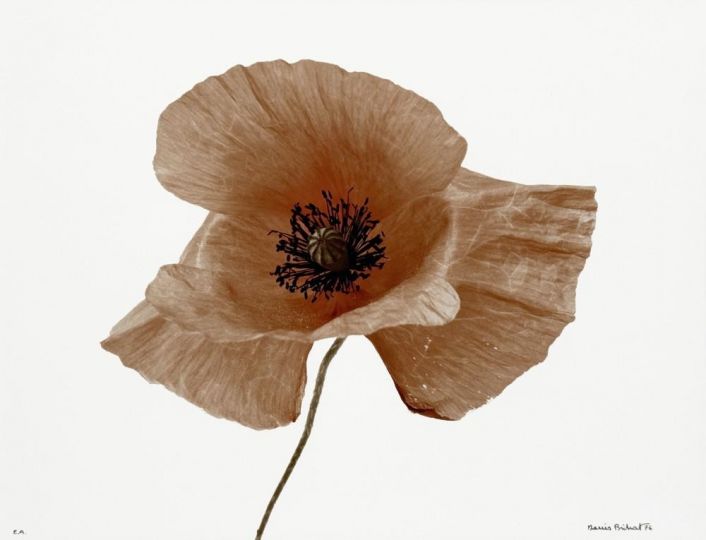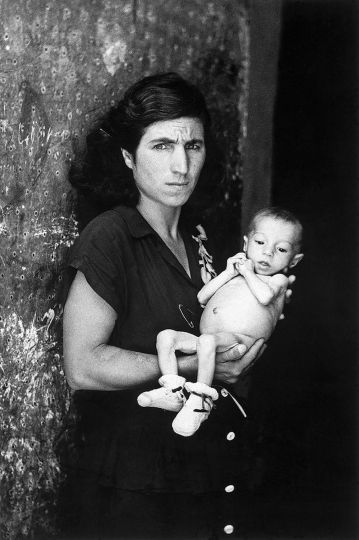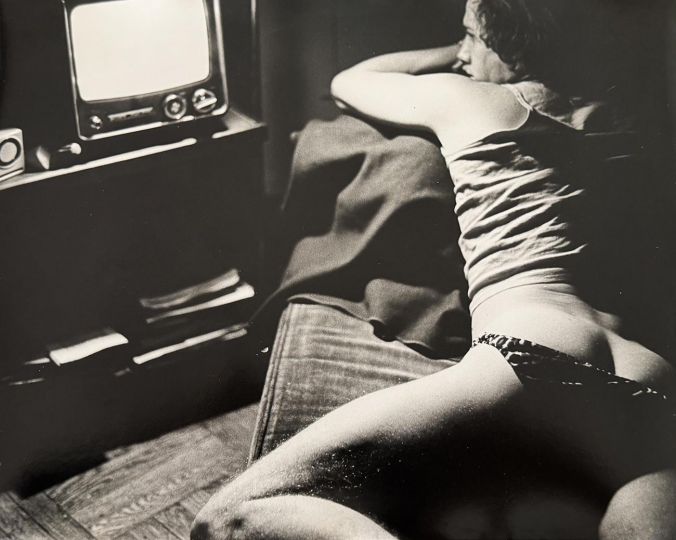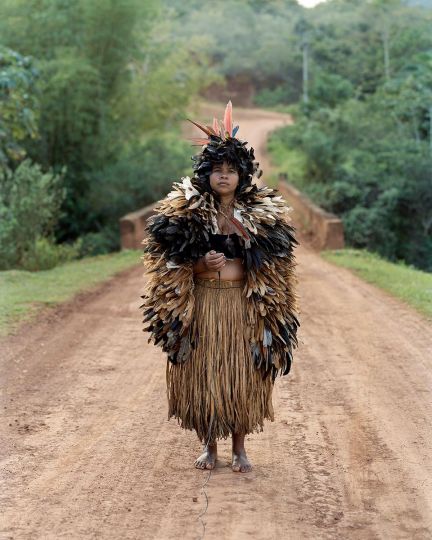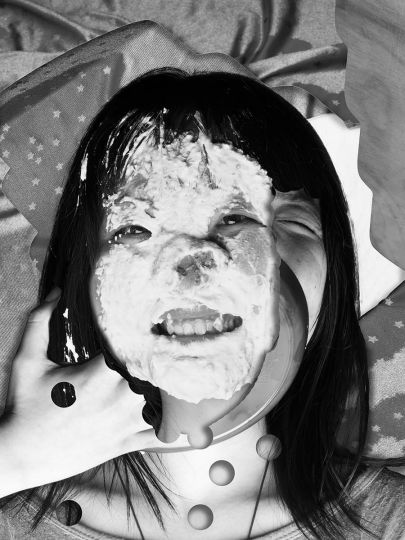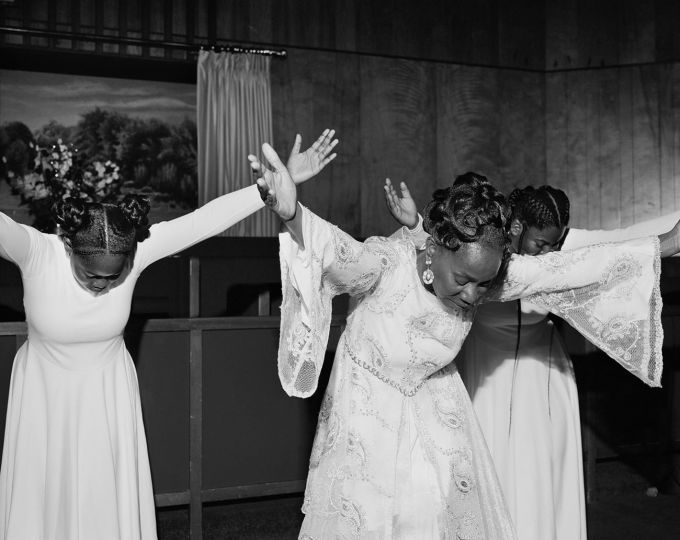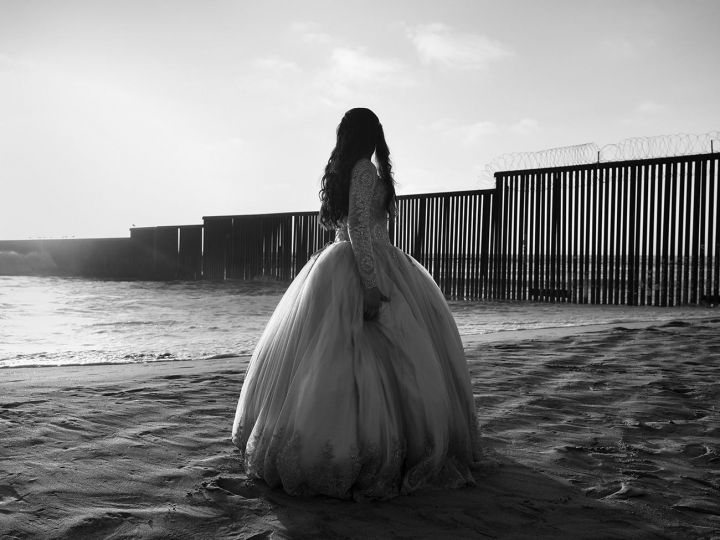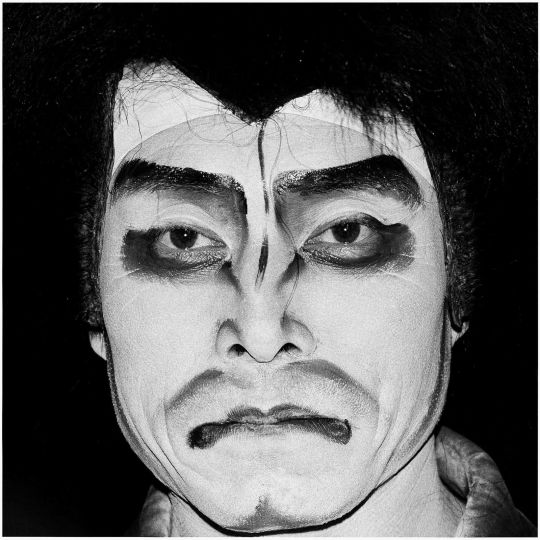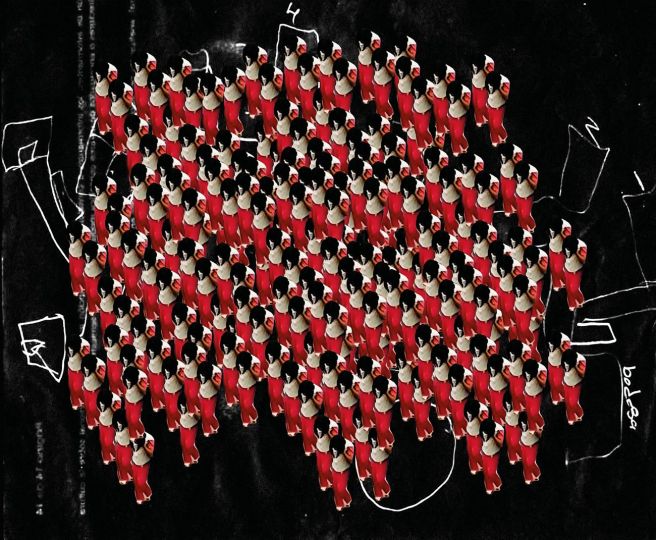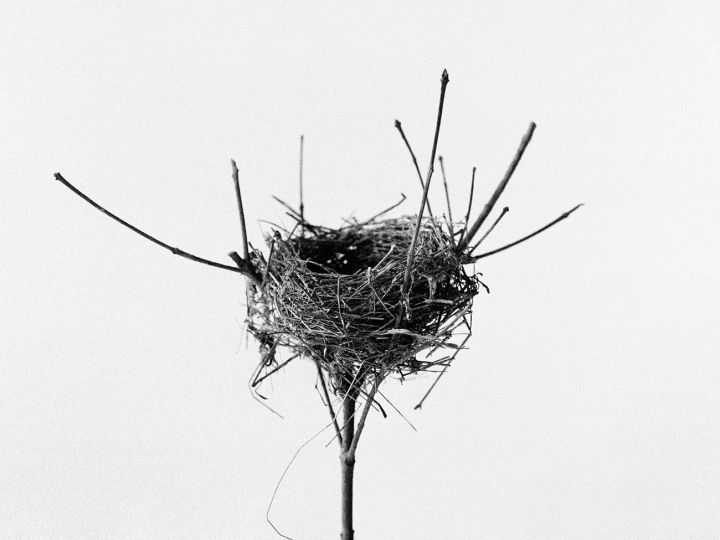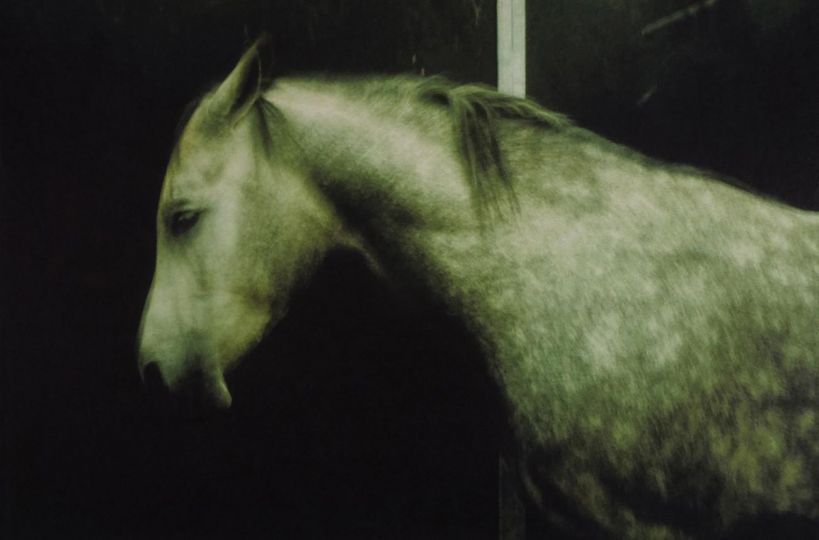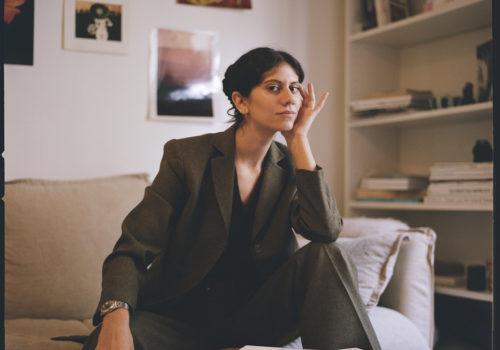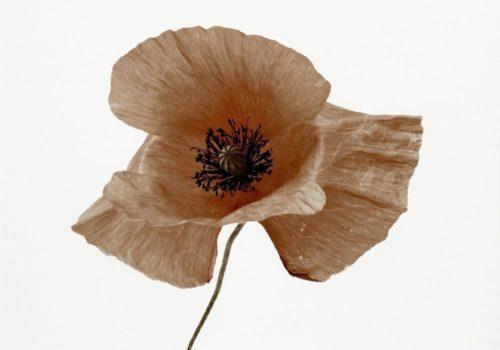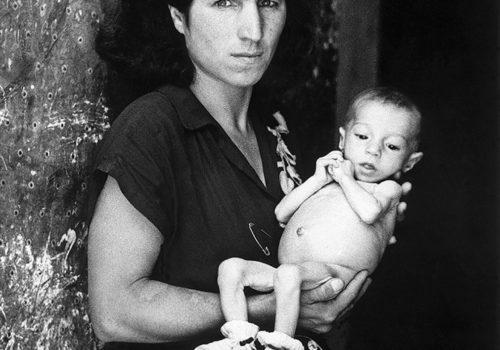The signs that would make it possible to identify the European cities crossed by Laure Abouaf are very rare and equivocal as soon as one thinks of having found them. The name of these localities is not indicated in the form of a lcaption that would require of us to search in our travel memories what, in any case, we would not find inside the photographic frame. In fact, unlike the postcard or travel reportage, the series excludes from its field of vision the local color, the typical detail, the exotic note, the picturesque setting or the folkloric atmosphere. However, the absence of the usual processes of enhancement of these urban scenes and their anonymity itself, do not make them enigmatic. These photographic places are, in a way, common places in the sense that they appear similar – and not alike – to others we encounter in ordinary life. This cultivated similarity means that they belong less to a precise geographic space than to the photographer.
This article is reserved for subscribed members only. If you are already a member, you can log in here below.
Subscribe for full access to The Eye of Photography archives!
That’s thousands of images and articles, documenting the history of the medium of photography and its evolution during the last decade, through a unique daily journal. Explore how photography, as an art and as a social phenomenon, continue to define our experience of the world. Two offers are available.
Subscribe either monthly for 8 euros (€) or annually for 79 euros (€) (2 months offered).

